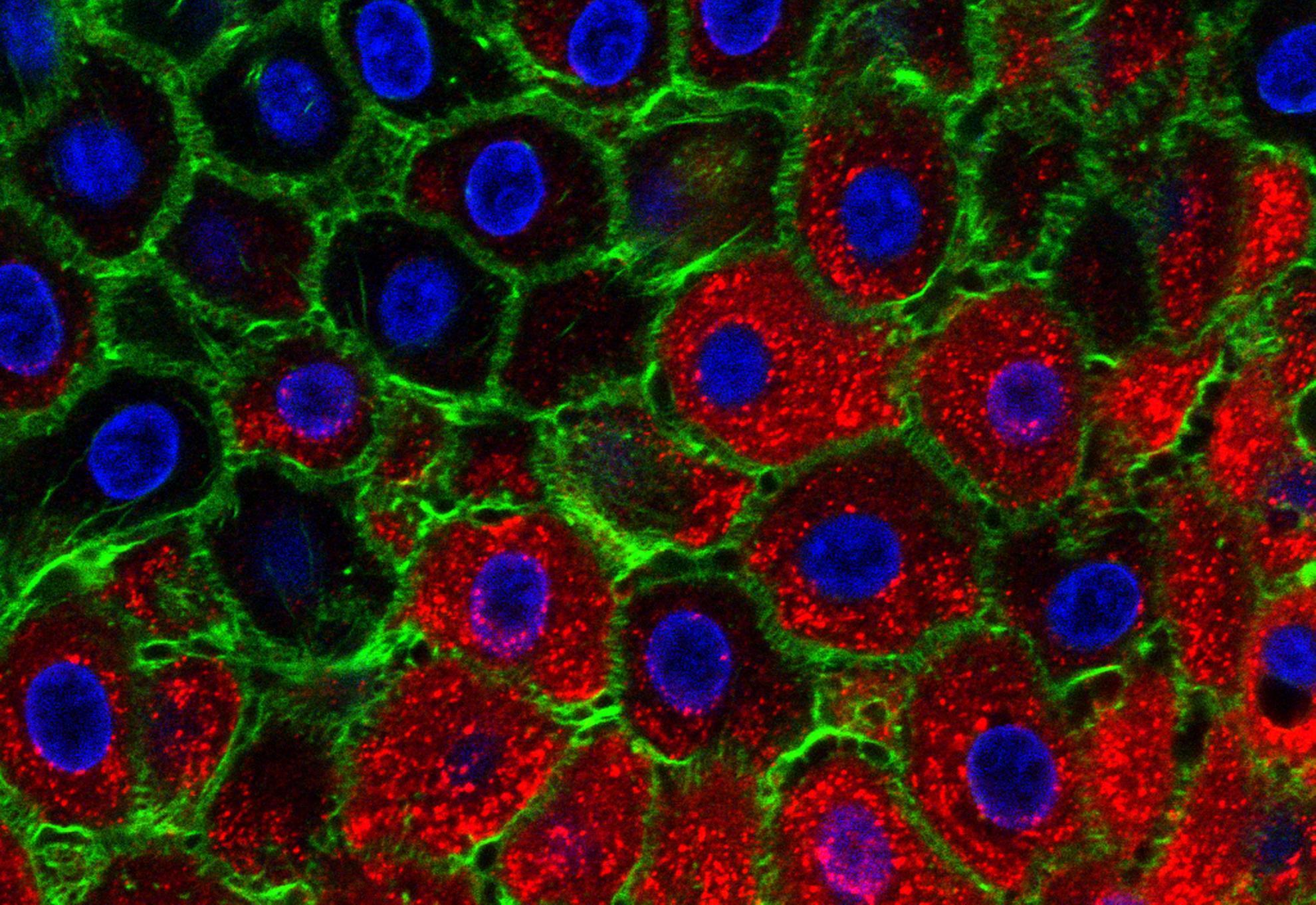Global foot-and-mouth disease research update and gap analysis: 3 - vaccines
This study assessed research knowledge gaps in the field of FMDV (foot-and-mouth disease virus) vaccines. The study took the form of a literature review (201115) combined with research updates collected in 2014 from 33 institutes from across the world. Findings were used to identify priority areas for future FMD vaccine research. Vaccines play a vital role in FMD control, used both to limit the spread of the virus during epidemics in FMD-free countries and as the mainstay of disease management in endemic regions, particularly where sanitary controls are difficult to apply. Improvements in the performance or cost-effectiveness of FMD vaccines will allow more widespread and efficient disease control. FMD vaccines have changed little in recent decades, typically produced by inactivation of whole virus, the quantity and stability of the intact viral capsids in the final preparation being key for immunogenicity. However, these are exciting times and several promising novel FMD vaccine candidates have recently been developed. This includes the first FMD vaccine licensed for manufacture and use in the USA; this adenovirus-vectored FMD vaccine causes in vivo expression of viral capsids in vaccinated animals. Another promising vaccine candidate comprises stabilized empty FMDV capsids produced in vitro in a baculovirus expression system. Recombinant technologies are also being developed to improve otherwise conventionally produced inactivated vaccines, for example, by creating a chimeric vaccine virus to increase capsid stability and by inserting sequences into the vaccine virus for desired antigen expression. Other important areas of ongoing research include enhanced adjuvants, vaccine quality control procedures and predicting vaccine protection from immune correlates, thus reducing dependency on animal challenge studies. Globally, the degree of independent vaccine evaluation is highly variable, and this is essential for vaccine quality. Previously neglected, the importance of evaluating vaccination programme effectiveness and impact is increasingly being recognized.
